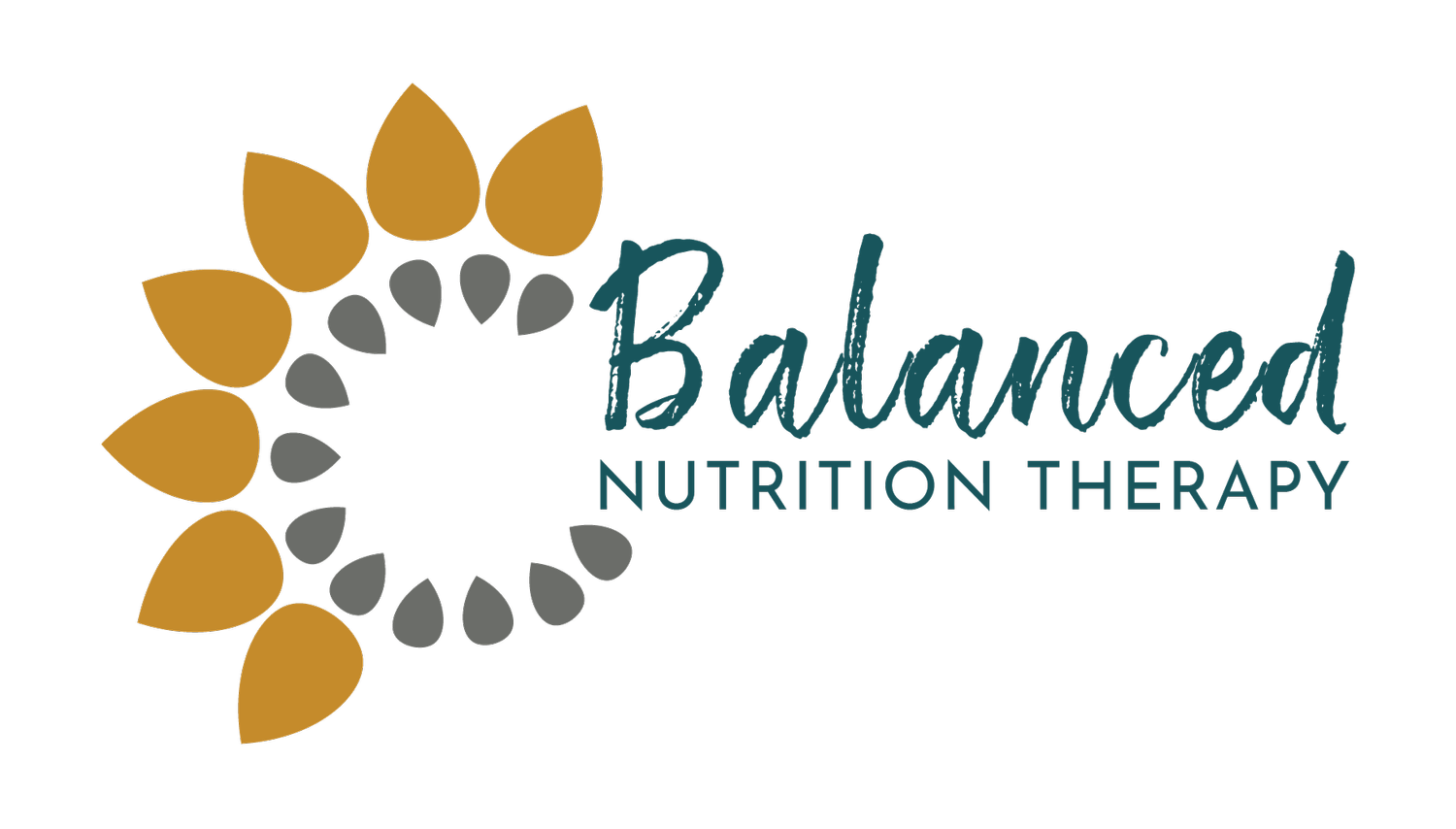What to Expect in Your First Session with an Eating Disorder Dietitian at Balanced Nutrition Therapy
If you’re considering meeting with an eating disorder dietitian or supporting someone who is, you might be wondering: What exactly does a dietitian do for eating disorders? Will they judge me? Will I have to get on a scale? Is this going to be like therapy?
We get it. Taking that first step is huge, and often a little scary. Whether you’re navigating anorexia, bulimia, binge eating, or another form of disordered eating in St. Louis, it’s completely normal to feel unsure about what to expect. That’s why we want to give you a behind-the-scenes look at what your first appointment with an eating disorder dietitian at Balanced Nutrition Therapy will really be like.
Reaching Out: The First Step
Most people start by emailing or calling us. From the very first point of contact, our goal is to make the process feel as safe and simple as possible. We’ll ask a few brief questions to understand your needs and make sure we’re the right fit.
If we believe we can help, we’ll schedule your first appointment and send you our initial paperwork through our secure client portal, SimplePractice.
Welcome to Our Office
When the day of your appointment arrives, you’ll come to our cozy office in the Greater St. Louis area. You’re welcome to help yourself to coffee, tea, or water while you wait. When your session time begins, your dietitian will meet you in the waiting room and walk you back to the office.
This first meeting is about you. Not a list of food rules or weigh-ins. Just a genuine, compassionate conversation.
So... What Does a Dietitian Do in Eating Disorder Treatment?
In your first session, we spend time getting to know you - not just your symptoms or diagnosis, but you as a whole person. We want to understand:
What brought you here
What motivates and discourages you
Who (if anyone) is supporting you
What you hope recovery could look like
Yes, we’ll talk about your current eating patterns and medical/mental health history, but we go deeper. We often explore your relationship with food over time:
What were meals like growing up?
Do any food-related memories, positive or painful, stand out?
When did your relationship with food start to shift?
What’s your relationship like with the scale and numbers?
We also talk about body image and movement, gently exploring how those relationships have evolved throughout your life. This is not a rapid-fire questionnaire, it’s a conversation. For some people, that story unfolds over several sessions. For others, it comes quickly. There’s no "right" way to go about it.
Collaborative, Not Prescriptive
Our approach is collaborative. We’ll talk about what you’re hoping to get out of working with a dietitian and help set realistic, compassionate goals that support your version of recovery.
Whether you're here because you want help or because someone else thinks you need it, we’ll meet you where you are. If recovery doesn’t feel like your idea yet, that’s okay. We’ll work to find a middle ground that feels tolerable, maybe even helpful.
Yes, You Might Cry. You Might Also Laugh.
Eating disorder recovery is tender work. Many of our clients cry during sessions from grief, fear, or even relief at finally feeling understood. (We always have kleenex handy!) Just as often, they laugh. Our job is to hold space for all of it.
Our goal isn’t just to help you eat differently. It’s to help you feel safer in your body, more connected to your values, and more equipped to live a life that feels like your own.
The Role of a Dietitian on Your ED Treatment Team
In eating disorder treatment, dietitians are an essential part of the care team, working alongside therapists, doctors, and sometimes psychiatrists. While therapists focus on emotional processing and behavioral change, dietitians focus on healing your relationship with food and body through medical nutrition therapy, nutrition education, and real-life support.
You’re Not Alone
Whether you're seeking support for anorexia, bulimia, binge eating, ARFID, or chronic dieting, we’re here to help. And if you’re not sure where you fit that’s okay too. You don’t need to have everything figured out to start.
Your first session is simply a conversation. One that we hope leaves you feeling heard, supported, and maybe even a little more hopeful.
When you’re ready, we’ll be here. Contact us to get started.


